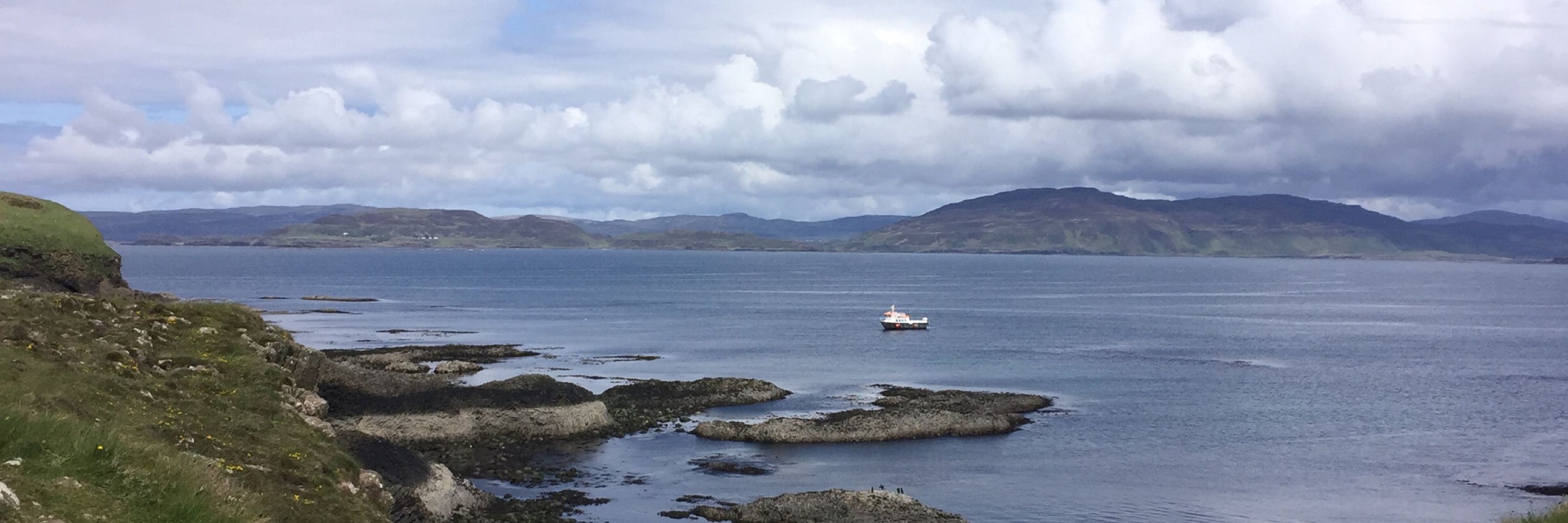
JD Tech & Health, MA SS
Blocking:
MAGA
doomers
disinfo/ "satire" w/o clear labels
AI Slop
putting me on a list/pack w/o my/asking
DMs/Crypto/Req for $
Trolls get mocked & blocked
I vet before following
Don't be a lowbar�
Or if you do, don't cry like a baby when someone id's it as fake & accuse them of "not being able to take a joke"🙄esp when you liked others' reposting it as real😒
"the species extinction rate is estimated to be between 1 000 and 10 000 times higher than natural extinction rates – the rate of species extinctions that would occur if we humans were not around.”
www.2oceansvibe.com/environment-...

"the species extinction rate is estimated to be between 1 000 and 10 000 times higher than natural extinction rates – the rate of species extinctions that would occur if we humans were not around.”
www.2oceansvibe.com/environment-...
“That 3 in 5 of the world’s bird species have declining populations shows how deep the biodiversity crisis has become..."'
"the species extinction rate is estimated to be between 1 000 and 10 000 times higher than natural extinction rates – the rate of species extinctions that would occur if we humans were not around.”
www.2oceansvibe.com/environment-...

“That 3 in 5 of the world’s bird species have declining populations shows how deep the biodiversity crisis has become..."'




DOOR OF DEATH 😊
Stop financing slaughter.
Stop financing slaughterhouses.
#StopYourKillings #LiveVegan so they don’t die for you✌️
DOOR OF DEATH 😊
Stop financing slaughter.
Stop financing slaughterhouses.
#StopYourKillings #LiveVegan so they don’t die for you✌️
www.regulations.gov/document/FWS...
www.regulations.gov/document/FWS...



We have the receipts. Republicans protected an abuser.
They want to have this talk again? Great.
We have the receipts. Republicans protected an abuser.
They want to have this talk again? Great.
Family Timaliidae (Tree Babblers, Scimitar Babblers, and Allies)
Range: Taiwan
IUCN status: Least Concern

Family Timaliidae (Tree Babblers, Scimitar Babblers, and Allies)
Range: Taiwan
IUCN status: Least Concern
No child, no person, in America should go hungry, and I will fight as long as I'm in the U.S. Senate to end hunger in this country.
No child, no person, in America should go hungry, and I will fight as long as I'm in the U.S. Senate to end hunger in this country.
".. professional AI use is far from ubiquitous and many respondents expressed skepticism that it would be as revolutionary as some experts expect."
@brookings.edu
www.brookings.edu/articles/how...

".. professional AI use is far from ubiquitous and many respondents expressed skepticism that it would be as revolutionary as some experts expect."
@brookings.edu
www.brookings.edu/articles/how...
If you are keen, sign up at tinyurl.com/HSSVolunteer..., or scan the QR code! Please email us at [email protected] if you have further enquiries! 🐊



If you are keen, sign up at tinyurl.com/HSSVolunteer..., or scan the QR code! Please email us at [email protected] if you have further enquiries! 🐊
After the check was cashed, Abbott’s and Musk’s lawyers sought to keep the records secret.

After the check was cashed, Abbott’s and Musk’s lawyers sought to keep the records secret.





